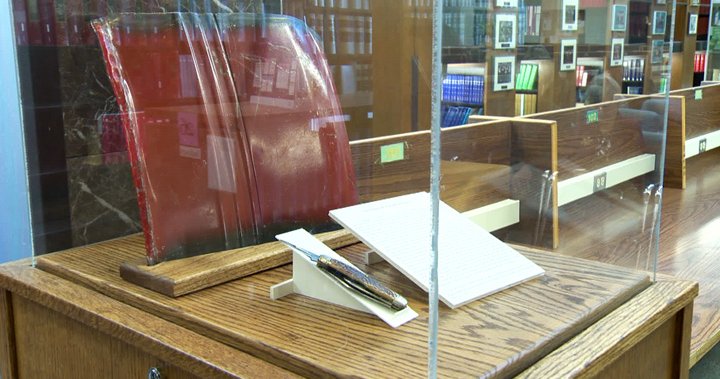Went looking- the new term for HEW Trusts is HEMS Trusts. HEMS = Health, Education, Maintenance & Support. Here’s an excerpt from a little guide I found.
My secondary area of advocacy was for lottery winners.
Tangent: I’ve been a proponent of including HEW/HEMS Trusts in a variety of contracts & other agreements that could result in windfalls, especially when the benefits could fall to minors. My primary area of advocating them was in sports and entertainment contracts, where youths can often become millionaires years before the age of majority. My pitch was along the lines of it meaning you may not have a mansion and a supercar next year, but you and your family will ALWAYS have a house and vehicles for the rest of your lives.Examples of HEMS
Health, Education, Maintenance and Support are rather broad categories, but what do they include, exactly? The exact items included can vary by state, but here are examples of HEMS that are commonly included.
Examples of Health
Some basic examples in the Health category include:
The following may also be considered included in this category:
- Routine health care
- Hospital care
- Emergency medical treatment
- Psychiatric or psychological care
- Prescription drugs
- Dental
- Vision
Examples of Education
- Elective procedures like LASIK or cosmetic surgery
- Alternative medicine treatments
- Gym, sports club, or spa memberships
- Health supplements
This category commonly includes:
Examples of Maintenance and Support
- Tuition for all levels of schooling from grammar to graduate, professional, or technical school or training
- Continuing education expenses
- Expenses for school-related programs, such as Study Abroad in college
- Support during schooling years, even during summers and other breaks
“Maintenance” and “support” are one and the same. Commonly included in this category:
This category is the least clearly defined. It’s typically interpreted to include distributions that help maintain the beneficiary’s standard of living. Distributions to cover expenses that are solely for the beneficiary’s happiness rather than support do not fall under this category.
- Mortgage or rent payments
- Property taxes
- Premiums for health, life, and property insurance
- Travel and vacation expenses
- Charitable giving
My secondary area of advocacy was for lottery winners.
Last edited:

